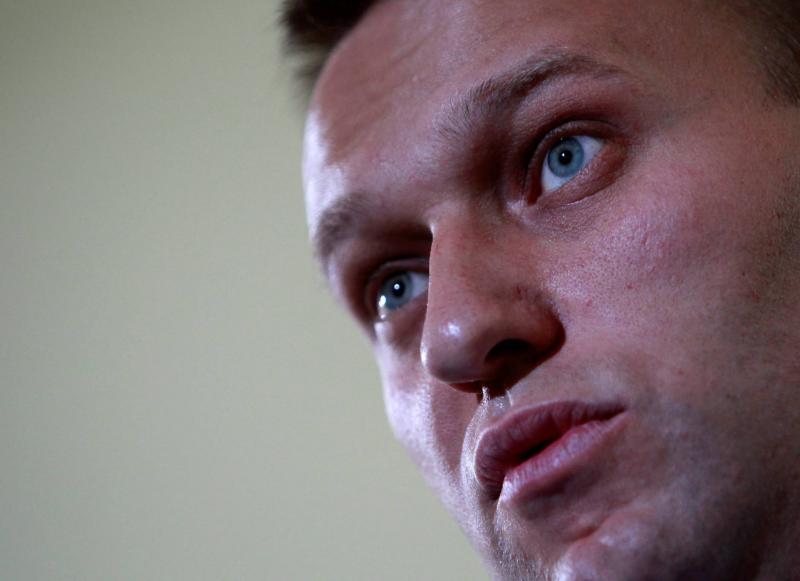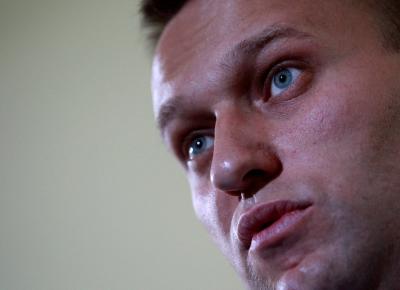The correctional service in the Yamalo-Nenets region announced today, Friday, the death of Russian opposition politician Alexei Navalny. A Russian court had sentenced Navalny to 19 years in prison after convicting him on charges related to "extremism." The trial was held inside a high-security prison where the most prominent opponents of President Vladimir Putin are detained. This prison is located in the village of Melikhovo in the Vladimir region of Russia, about 244 kilometers east of Moscow. Navalny was accused of forming an "extremist community," "financing extremist activities," and various other crimes. The Russian anti-corruption activist had long been the leading face of the opposition against President Vladimir Putin. The blogger has millions of followers on social media and managed to get some of his supporters elected to local councils in Siberia during the 2020 elections. Navalny claims that the "United Russia" party, led by Putin, is filled with "crooks and thieves," and accuses the president of "sucking the blood of Russia" through a "feudal state" that confines and concentrates power in the Kremlin. He has led nationwide protests against the authorities. However, he has been unable to achieve what is likely his biggest dream of challenging Putin at the polls. He was barred from running in the 2018 presidential elections due to a conviction in a Russian court for embezzlement. Navalny has strongly denied the accusations against him, stating that his legal troubles were a retaliation from the Kremlin because of his harsh criticisms.
**Surviving a Novichok Poisoning**
Navalny's battle against the Russian president is deeply personal, as he accuses Putin of ordering secret state agents to poison him in an attack that nearly killed him in August 2020. His health deteriorated on a flight over Siberia, and he was taken to the hospital in Omsk after being suspected of poisoning and fell into a coma. A charity based in Germany convinced Russian authorities to allow them to transport him by air to Berlin for treatment. Navalny's rise as a force in Russian politics began in 2008 when he started blogging about allegations of mismanagement and corruption in some major state-controlled Russian companies. One of his tactics was to become a minority shareholder (available for retail investors in companies where the state holds the majority stake) in major oil companies, banks, and ministries, and then start asking embarrassing questions about “gaps” and leaks in state financing. He primarily reached young followers on social media by using sharp and provocative critical language, mocking the pro-Putin establishment. Before the 2011 parliamentary elections, in which he did not run as a candidate, he urged his blog readers to vote for any party except United Russia, which he labeled the "party of crooks and thieves." This phrase stuck in people's minds.




